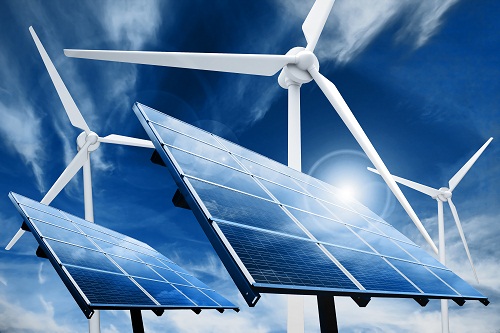
Clean tech is the new face of contemporary environmental awareness. It’s about making green technologies worth investing in, and making them attractive to venture capitalists and businesses. But, like any other business domain, things are hard in the prolonged economic recession that has affected most of the world’s economies. Clean tech initiatives actually took a bit of a dive in 2012, partly due to short-sighted politicians who don’t understand its importance. So what’s on the cards for 2013?
One US firm sees a move away from an emphasis on venture capital. There have been some serious failures and a degree of disillusionment has set in among investors. That doesn’t mean clean tech is on the way out. There are clear economic and political reasons behind the decline. One of the reasons analysts have pinpointed is the lack of will in governments to provide policy support. Still there are some, like Japan, where environmental awareness is on a high after the Fukushima reactor meltdown, and support for renewable resources is being strongly built into government policies.
As clean tech evolves, the role of venture capitalists is giving way to other sources of funding. The fact that corporations are wising up is a good sign for businesses in the clean tech sector seeking alternative investment sources. Also, as the sector matures the needs have changed. Dwindling venture capital investment is likely to harm the initial development and implementation of clean tech.
On the other hand, recently established enterprises are now in a position to scale up their operations – and established businesses are always more attractive to fund through other sources of capital. Though overall corporate interest is down, there are still plenty of big names throwing their weight behind it. As the recession improves and the savings of green business become clearer, this may be a trend that will amplify.
One of the growth areas for corporate investment has been agriculture. With fears of global food shortages and consumers fed up with ‘frankenfoods’, the sector has signed up to more eco-friendly solutions that are also more profitable. Numerous studies have demonstrated the savings that can be made when cleaner, greener agriculture strategies are put into place.
Technical problems have been another disappointment that has put off investors in green strategies. Though great strides have been taken in making the most of wind and solar power, storing it on a large scale has been unexpectedly difficult. The result has been a stall in the scaling up of alternative energy sources. But it’s probably not a terminal problem.
Despite difficulties and downturns, clean tech isn’t in a tailspin. After all, we’re still in the relatively early stages of moving away from non-renewable energy sources and cleaning up our act. As results come in – and there’ve been plenty of highs – clean tech will surely pick up.

